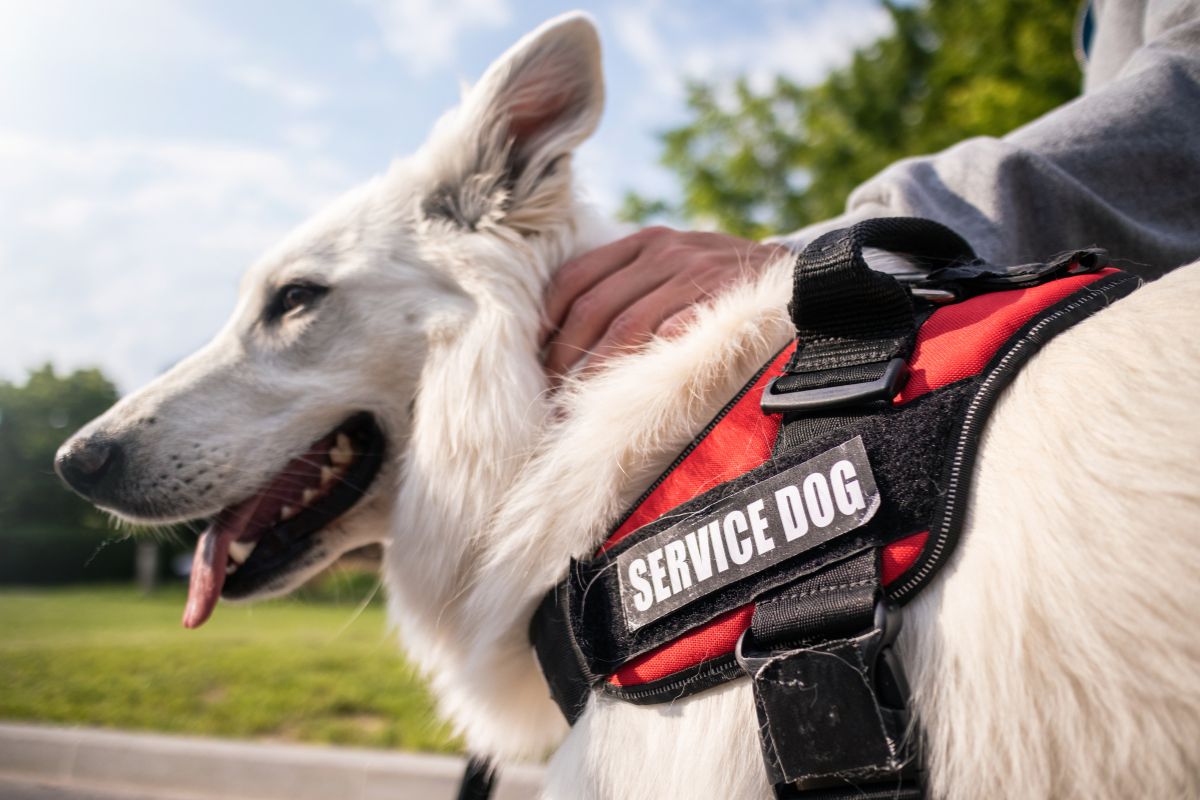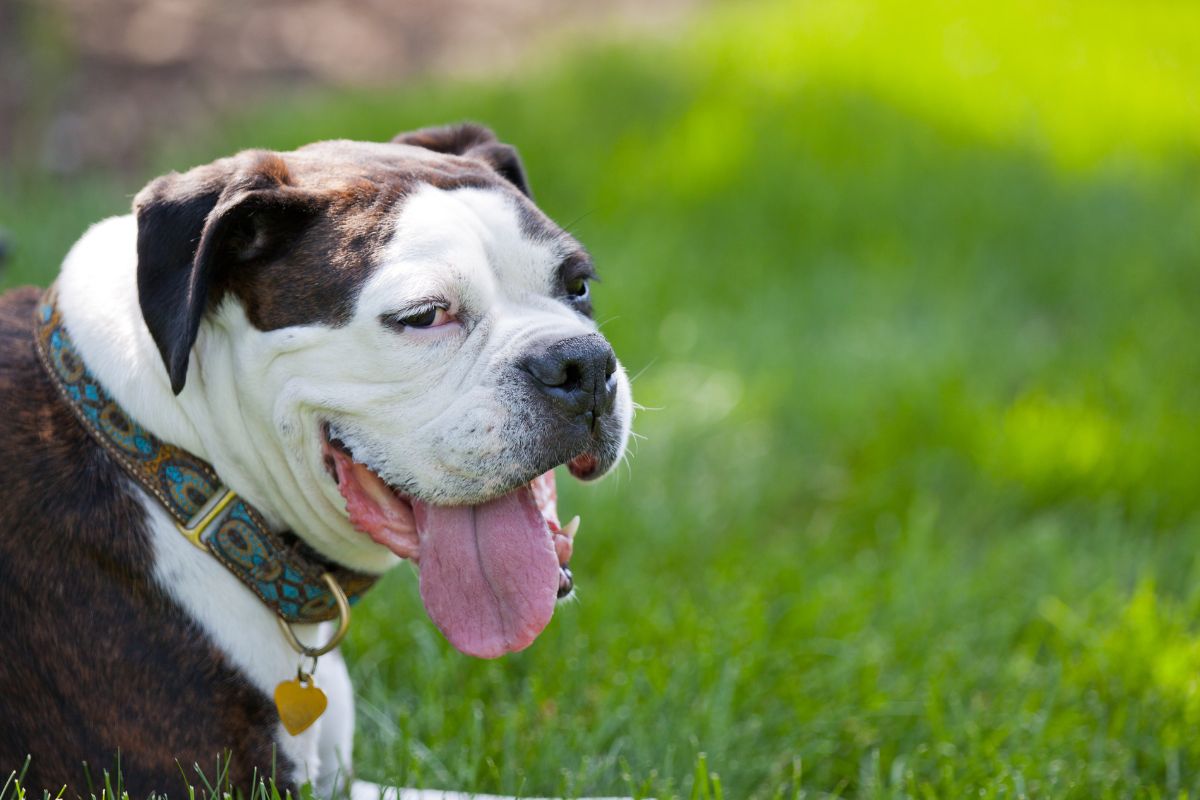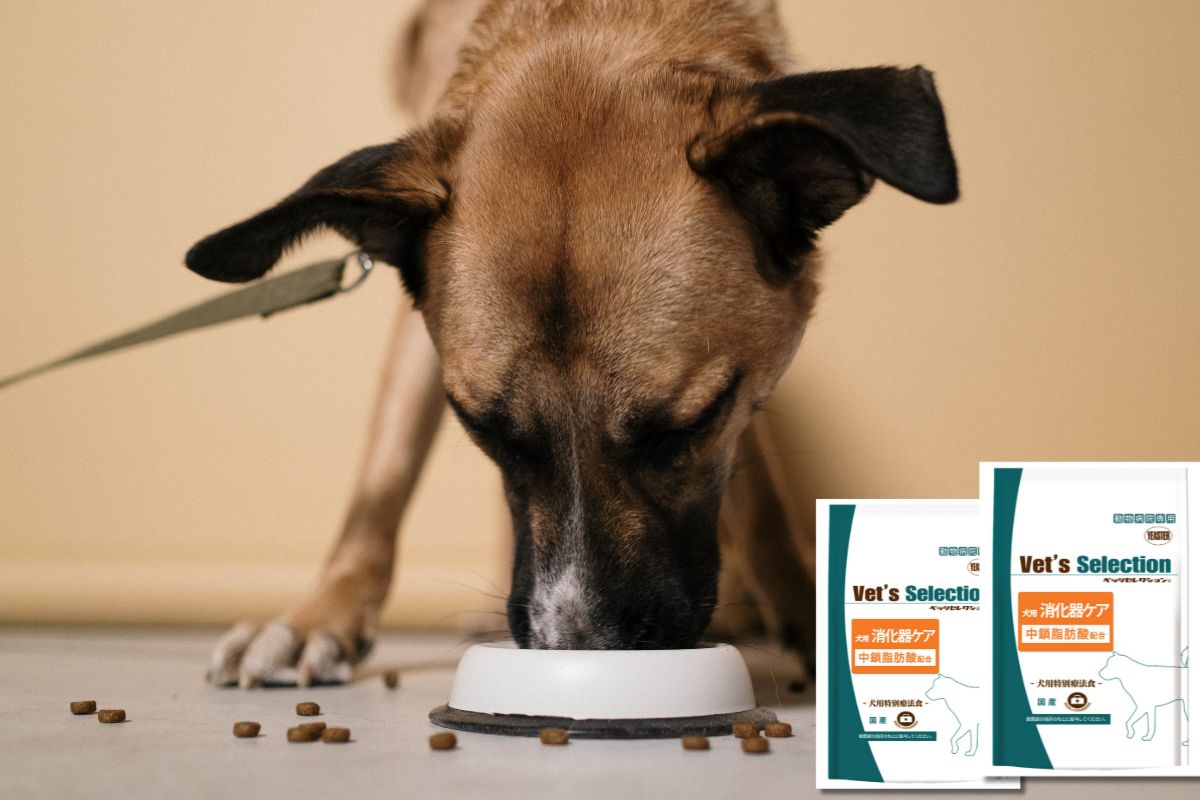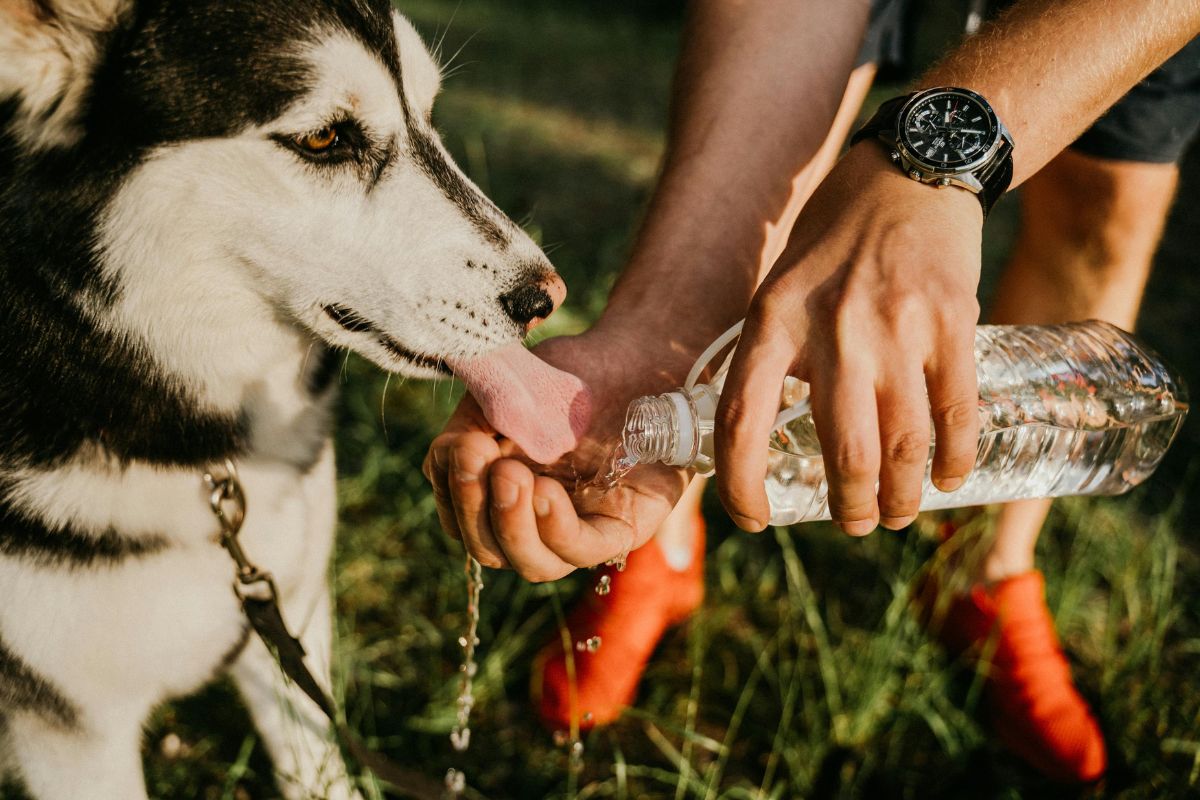Dogs with high physical activity levels, such as working dogs, sporting dogs, or racing dogs, require a specialized diet to maintain endurance, improve performance, and prevent health issues associated with overexertion. But what kind of diet is suitable, and what are the key nutritional principles for these active canines?
Highly active dogs: A unique group that needs extra care
Unlike household pets that only go for a few short walks daily, working dogs (e.g., police dogs, search and rescue dogs) and sporting dogs (e.g., racing dogs, agility competitors) constantly burn a large amount of energy through intense physical activity.
This consistent exertion causes rapid calorie depletion and places additional stress on their joints, cardiovascular system, and digestive health. Therefore, their diet cannot be the same as that of a typical house dog.
Consequences of improper nutrition in active dogs
Feeding an inadequate diet to physically active dogs can lead to several health problems:
- Reduced performance and stamina: The dog may fatigue quickly during duties or competitions.
- Muscle loss: Insufficient protein or calories can prevent muscle recovery and growth.
- Digestive issues: Diets too high in fat or sudden changes in food can lead to diarrhea or bloating.
- Joint damage: A lack of essential nutrients like calcium, phosphorus, and glucosamine may lead to joint deterioration, especially in older dogs.

Ideal nutrition plan for highly active dogs
1. Increased energy—balanced correctly
Active dogs require 1.5 to 3 times more calories than regular dogs, depending on their activity level. However, these calories shouldn't come primarily from carbs. Instead, healthy fats should make up the bulk of the energy supply.
Fats such as omega-3 and omega-6 not only provide sustainable energy but also have anti-inflammatory properties and support cardiovascular health. At the same time, high-quality protein is vital for muscle recovery and maintenance.
2. Antioxidants and essential minerals
Intense activity leads to the production of free radicals that can damage cells. That’s why it’s important to supplement with antioxidants like vitamin C, vitamin E, selenium, and beta-carotene to strengthen the immune system and delay aging.
Key minerals like calcium, phosphorus, magnesium, and zinc also play vital roles in bone development, dental health, and energy metabolism.
3. Digestive system support
Strenuous activity can make the digestive system more sensitive, especially if the food is hard to absorb. Therefore, it's best to opt for easily digestible diets with added probiotics and soluble fiber to maintain a healthy gut microbiome and maximize nutrient absorption.
A reliable recommendation is Vet’s Selection Digestive Care for Dog – a complete and balanced formula that improves digestion and optimizes energy for active dogs. It contains high-quality fish protein, easy-to-digest fibers, and digestive enzymes, and is free from common allergens and artificial additives.

Feeding based on activity stages
Before exercise:
- Feed the dog 2–3 hours before activity to prevent bloating.
- Provide a moderate portion high in protein but low in fat.
- Ensure access to clean drinking water to prevent dehydration.
During prolonged activity:
- You may offer electrolyte water made for dogs.
- If the activity spans several hours, small and easily digestible snacks can help maintain energy levels.
After exercise:
- The first 30 minutes post-exercise is the “golden recovery window.”
- Offer a meal rich in protein and healthy fats.
- You may also supplement with probiotics or omega-3 to reduce inflammation and speed up recovery.
Other care tips for active dogs
- Regular health check-ups: Dogs that exercise frequently are more prone to injuries or heart/joint issues. Regular vet visits can help detect and address problems early.
- Avoid sudden diet changes: This can cause digestive disturbances, especially in dogs on a strict training schedule.
- Always provide clean water: Hydration is essential for regulating body temperature and replacing fluid loss during activity.

Providing the right nutrition for highly active dogs goes beyond simply feeding them more food. It’s about crafting a well-balanced dietary strategy that sustains their performance and protects their long-term health. A proper balance of proteins, fats, vitamins, and minerals—along with premium products like Vet’s Selection Digestive Care for Dog—forms a solid foundation to help your canine companion stay healthy, resilient, and ready for every challenge ahead.


 Vietnamese
Vietnamese  日本語
日本語  English
English 



